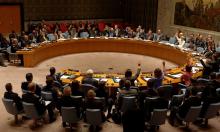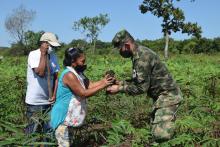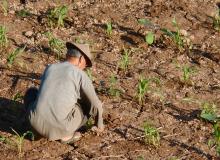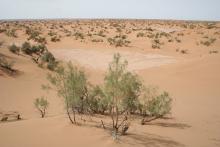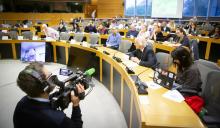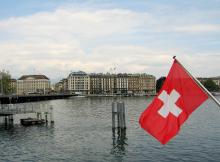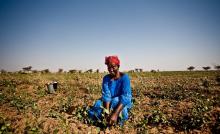The first-ever resolution calling for stepped-up international efforts to understand and respond to the implications of climate change for peace and security was vetoed by Russia on Monday, 14 December. The resolution calls on UN Secretary-General António Guterres to deliver a report on the security implications of climate change for the regions and countries on the Council’s agenda by December 2023. It also asks UN peacekeeping and political missions to pay attention to climate-related risks in their areas of operation.



